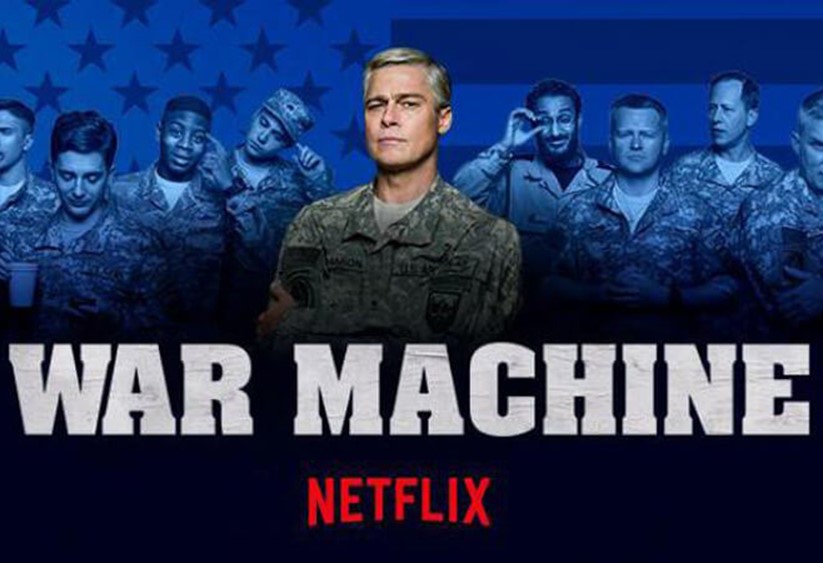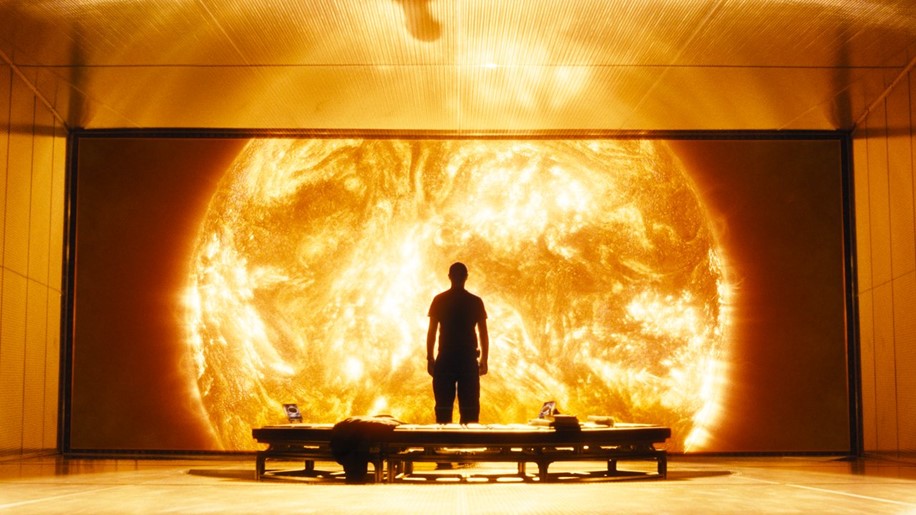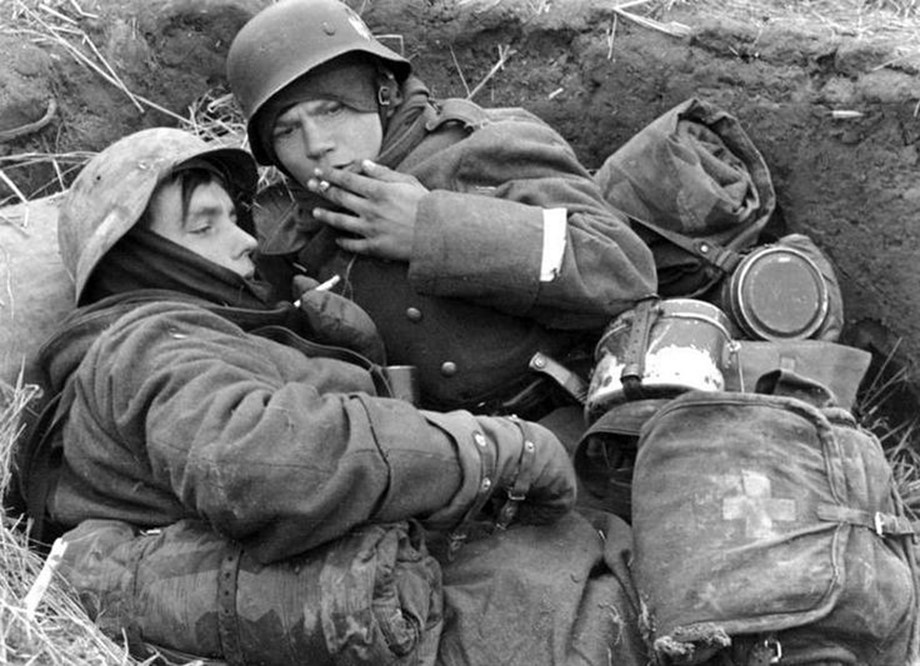Surprise Weddings Are A Thing
July 25, 2017 in Daily Bulletin

Alix Strauss wrote about surprise weddings:
- Instead of going through the pain of planning a wedding some couples surprise guests at their engagement party by telling them it will also be their wedding.
- On the bright side a lot of money is saved on planning and a lot of stress avoided.
- Some of the monetary savings are cancelled out by the lack of wedding gifts.
- The couple may also miss out on experiences like bachelor or bachelorette parties, and bridal showers.
- But those that have tried it note that it’s a way to get the audience to feel the overwhelming emotion and happiness that the couple to be feel as well.
Read more on The New York Times.
Via: Marginal Revolution









Join the Discussion! (No Signup Required)